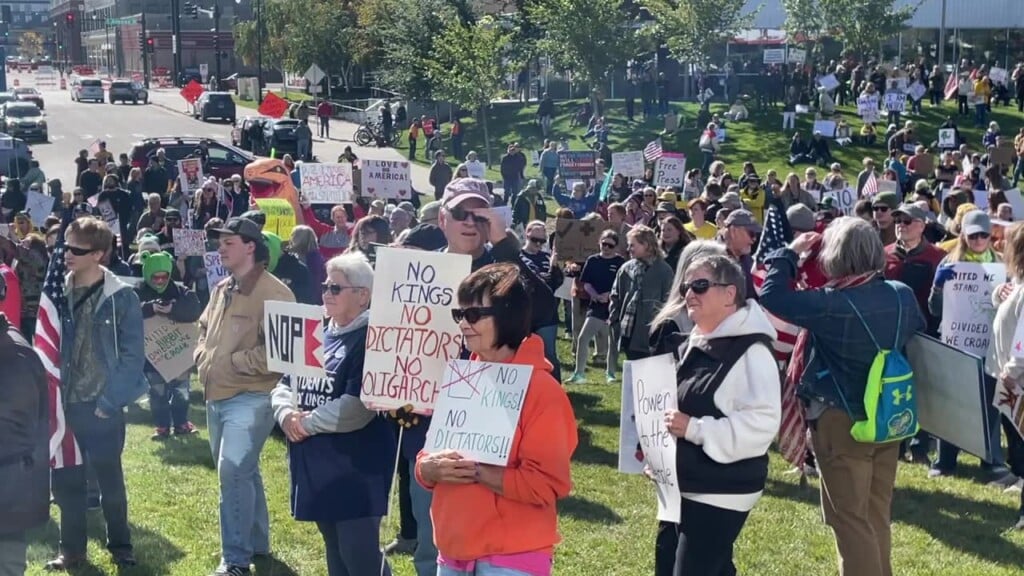Minnesota Supreme Court to Revisit DWI Test Refusal Laws
The Minnesota Supreme Court will be reviewing DWI test refusal laws when it comes to blood and urine samples.
Under current state law, it is unconstitutional for an officer to charge someone who refuses to take a blood or urine test.
The State vs. Trahan and the State vs. Thompson are the two cases that the state Supreme Court will be reviewing.
Under current Minnesota state law, it is legal to charge someone who refuses a DWI breath test.
“A breath test is constitutional, and if you refuse to take a breath test, it’s constitutional to charge them with refusal,” said Brian Melton, Clay County District Attorney.
From the State vs. Trahan case, it was determined that it was “more intrusive on a person” to be charged with refusal when it comes to a blood test.
The same was determined in the Thompson case, but on the matter of demanding a urine sample.
“Now blood and urine is the issue…of whether or not those are constitutional to demand without a search warrant, and if they refuse, charge them with refusal that’s what it’s all about,” said Melton.
One driver I spoke to says she agrees with the current laws that are in place.
“I do think there should be a search warrant if they’re thinking you’re under the influence,” said Jennifer Thomas, who lives in Minnesota.
She says of course, there is always an exception to the rule.
“If you’re swerving and stuff that’s good enough for probable cause, but if they’re pulling you over and then they think they smell something its unconstitutional. I don’t think that’s right,” said Jennifer.
Minnesota State Patrol Sgt. Jesse Grabow says DWIs are a serious threat on Minnesota roads and when it comes to the laws, their main priority is safety.
“We average anywhere from 25,000 to almost 30,000 people each year that are arrested in Minnesota, and fatalities annually. Approximately one third of those traffic fatalities where we see people killed usually involves alcohol,” said Sgt. Grabow.
Oral arguments on the cases are expected to take place the second week of June.
The court is expected to have a decision in 30 to 60 days after the cases are heard.






